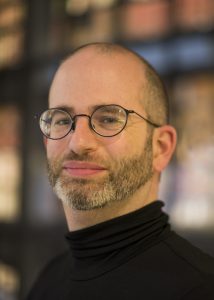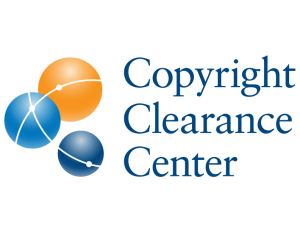Edinburgh launches two new journals and acquires a third.
Edinburgh University Press has announced that it will be publishing three more journals in 2018. Two are new: Nineteenth-Century Popular Fiction will be the journal of the Victorian Popular Fiction Association, while Afghanistan is published on behalf of the American Institute of Afghanistan Studies; both will publish twice-yearly. The third, the Journal of Inkling Studies, published on behalf of the Oxford C. S. Lewis Society and focusing on the work of Lewis and his literary circle, first appeared in 2011, when it replaced the C. S. Lewis Chronicle.
UCL Press to launch new megajournal
UCL Press, the UK’s first fully open access university press, will be launching a new open access megajournal platform at an event in London in January. Increasingly popular in the STM sector, megajournals such as PLOS ONE and Springer Nature’s Scientific Reports publish thousands of articles every month across a wide range of scientific disciplines; between them, these two journals published more than 11,000 articles in the first quarter of 2017.
Details of the new platform are scarce at present, but speakers at the event will include Robert Kiley, Head of Open Research at the Wellcome Trust, whose new open science platform Wellcome Open Research launched in 2016; Stephanie Dawson, CEO of ScienceOpen, and Catriona MacCallum, Director of Open Science at Hindawi. These three will be discussing the benefits of open access megajournals and the models they use.
New name for the Association of American University Presses
The Association of American University Presses has announced that it will henceforth be known as the Association of University Presses. Members voted in June for the change, which brings the organisation into line with the original proposal for its foundation back in 1921, sixteen years before the association was formally constituted as the AAUP. AUP Executive Director Peter Berkery, who will be speaking at next month’s Redux conference for university presses, run by UCL Press and the ALPSP, described the change as ‘simultaneously a return to roots and a flowering outwards, embracing what makes our members so essential to scholarly, civic, and cultural life.’
Youthquake is Oxford’s Word of the Year.
Oxford University Press has chosen ‘youthquake’ as its Word of the Year for 2017, responding to a five-fold increase in its usage over the past twelve months. Though not a neologism – the word was first coined by Vogue editor Diana Vreeland in the 1960s – youthquake gained in popularity this year as a means of describing the political awakening of the millennial generation, as seen in last year’s elections in the UK and New Zealand. Youthquake was chosen from a shortlist including broflake, kompromat, and Milkshake Duck, ‘a person or thing that initially inspires delight on social media but is soon revealed to have a distasteful or repugnant past’.

Alastair Horne is a PhD student
at the British Library and Bath Spa University.

The Academic Newsletter is sponsored by The Copyright Clearance Center.
Copyright Clearance Center (CCC), with its subsidiaries RightsDirect and Ixxus, is a global leader in content workflow, document delivery, text and data mining and rights licensing technology for thousands of publishers, businesses and academic institutions. CCC’s solutions provide anytime, anywhere content access, usage rights and information management while promoting and protecting the interests of copyright holders. CCC serves more than 35,000 customers and over 12,000 copyright holders worldwide and manages more than 950 million rights from the world’s most sought-after journals, books, blogs, movies and more. The company has locations in the US, the UK, the Netherlands, Spain, Romania and Japan.

